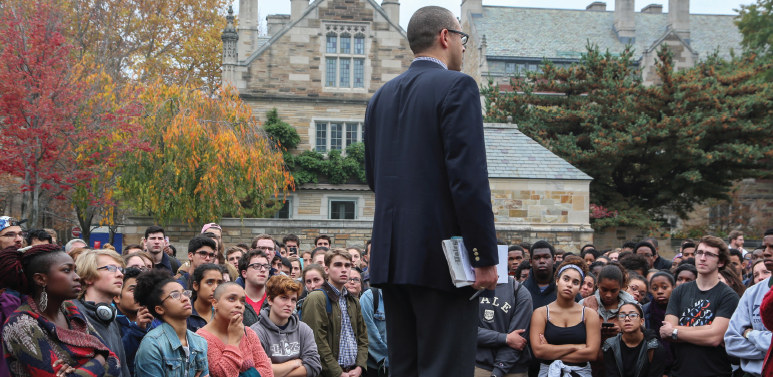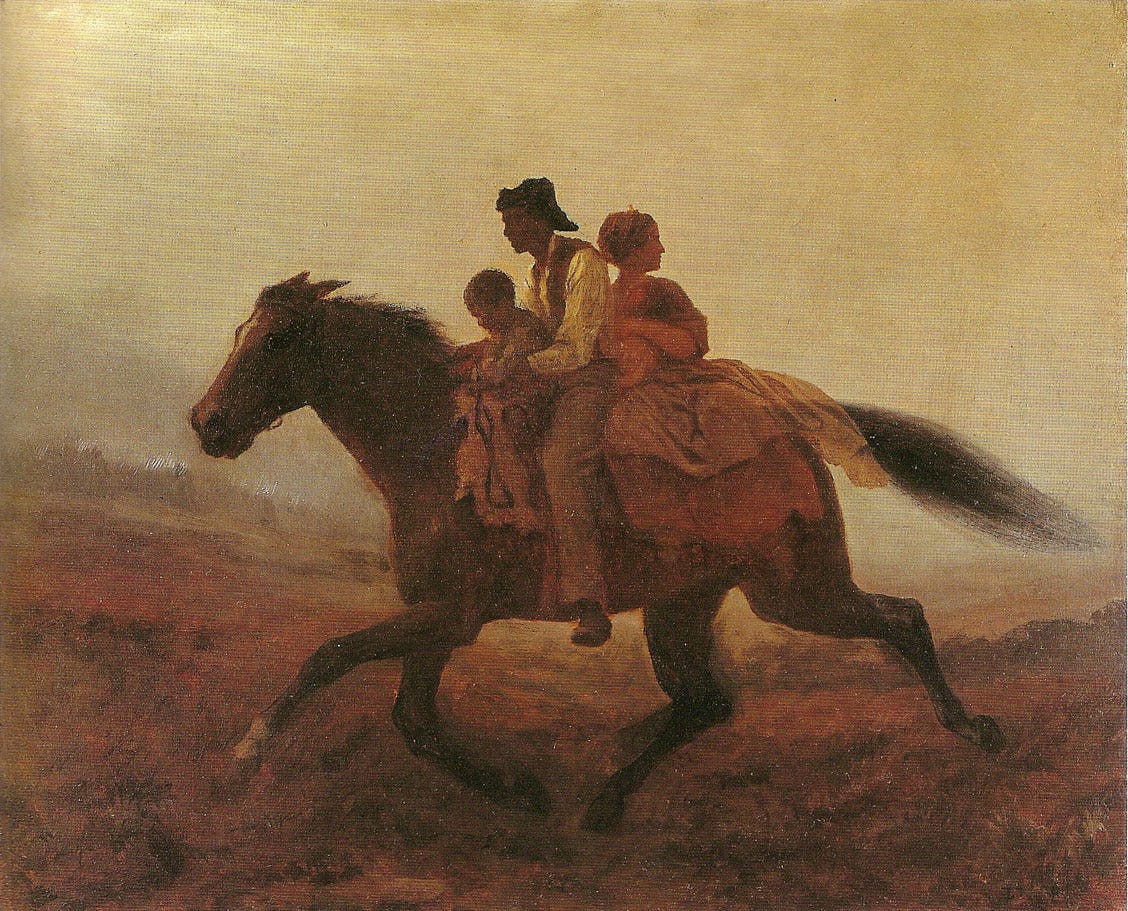Why I Passed For White
The Archipelago: Stories about community, identity, and the ongoing quest to belong.
Medium
2014-12-19
Shawna Ayoub Ainslie
I erased my own heritage to feel safe. I hope to teach my children not to do the same.
When I was 16, I started letting people believe that I was white.
In 1996, my family relocated upward from the Bible Belt. We moved from the southwest corner of Arkansas to the Midwest. At sixteen, I experienced a new definition of self — which, for me, meant shedding my ethnic heritage and the abuse that came with it. My coming of age was more than an exit from youthful innocence. It was an escape.
Innocence, in this case, is a misleading term. The naivete that defines the wishful, carefree young was lost to me much earlier than 16. It began at the age of 9, the fourth year in a row I was assigned the part of Native American in the school Thanksgiving play because I “looked the part.” That year, I stood onstage dressed in a paper-bag-cum-leather-vest with an Indian-American boy. Both of us sported handmade headbands with oversized feathers. Our single spoken line was accompanied by the arcing of one folded arm upward. “How!” I shouted, having practiced the line with aplomb. “How,” my cohort whispered, barely gumming the word and ducking his head as though ashamed. Our white peers were grouped together at the Pilgrim’s table, waiting to take the giant ears of paper mache corn we handed them.
It was weeks later, during International Day, when we were both paraded once more onstage, when I began to understand my fellow actor resistance to the role of food-bearing native. After all, even though Native Americans had saved the Pilgrims with offerings of corn and hunting instruction, the Pilgrims were the true saviors; they came bearing God and civility to the dark-skinned heathen.
That International Day, we were exhorted to wear our ethnic best, and so we came to school in costume. Indian-American boy, Arab-American girl, dressed in pantaloons and tunic and ornate housedress. I came with jeans and a t-shirt in my bag because those were the items most comfortable. But the boy, whose name I cannot recall, had only his waist-tie pants. After we were questioned onstage about our weird, foreign at-home customs, we exited stage right. Just off the stage in the cafeteria’s corner, the tie must have let go. My peer lost his pants. They slipped soundlessly down around his ankles. He turned, his brown eyes meeting mine. He was not panicked. He said nothing. He simply looked resigned.
I had shifted to block him from view, but a redhead named Ashley caught sight of the spectacle. He ran toward the dispersing classes to notify everyone he knew. “Shawna was there!” he squealed. “Shawna saw it.”
Here it was: the moment that could elevate me beyond the nickname Gorilla — a nod to my hairy, Arab legs. The boy was not my friend, but neither were the children who clamored around me. I looked back into the boy’s brown eyes. He waited.
“Did you see his underwear?” someone asked. “Are they as weird as his clothes?”
In that moment I found a kinship in the brownness the boy and I shared. I squared my feet. “It didn’t happen,” I said. And then, “Ashley is lying.”
Aside from my body hair, the thing I was most known for was honesty. The story was deflated. Ashley narrowed his eyes at me. I had made an enemy. I looked around. The brown boy was gone.
I wish I could remember his name. I have thought about assigning one to him, but it feels disingenuous. Of the peers that litter my history, he is one who deserves a label other than ethnicity. Especially as he ushered me out of my innocence into an awareness of my physical self and its perception. Still, he remains nameless, like so many of our other dark-skinned brothers…
Read the entire article here.


